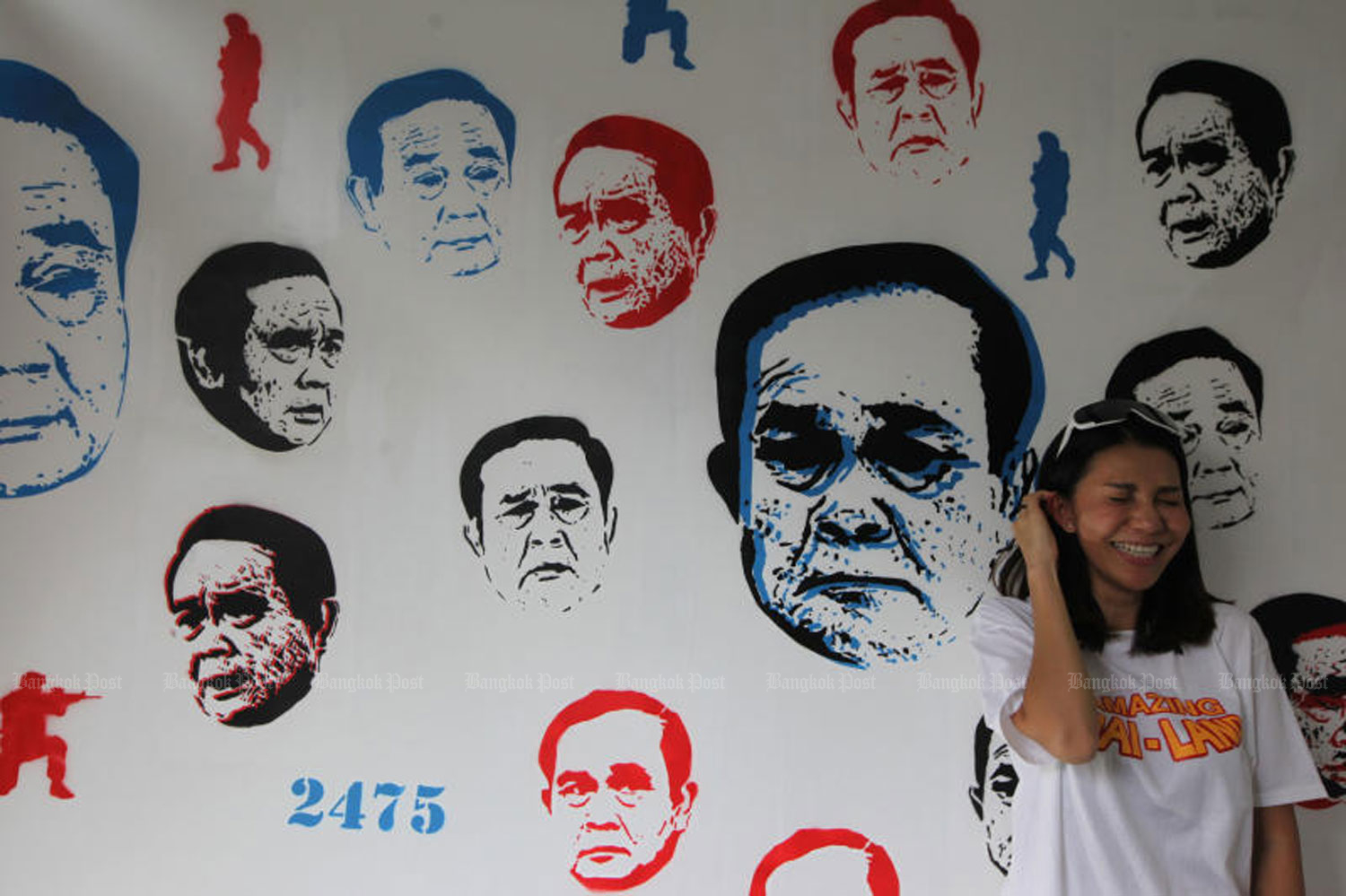
The Justice Ministry might not be in the spotlight right now, but the transfer of key investigative agencies to come under the direct supervision of the prime minister should not go unnoticed.
Some people pushing for justice system reform say the changes are good, while others are sceptical about the power now in the premier's hands. The Justice Ministry is expected to come under Somsak Thepsuthin, of the Palang Pracharath Party's Sam Mitr group.
Since the National Council for Peace and Order (NCPO) seized power in 2014, several military top-brass officers have been appointed to head several key ministries. And changes have also been observed in many agencies whose work deals with national security, particularly organisations under the Justice Ministry.
Although the ministry isn't seen as an A-list ministry which receives more than 100 billion baht in annual budget, each organisation under it has an important role in investigating and pursuing legal action against any politicians or government officials accused of misconduct. This makes the ministry one that politicians can never totally ignore even though it may not be appealing enough for them to compete for a position in.
The Justice Ministry has a number of special organisations such as the Public Sector Anti-Corruption Commission (PACC), the Anti-Money Laundering Office (Amlo), the Office of the Narcotics Control Board (ONCB) and the Department of Special Investigation (DSI).
The PACC and Amlo have already been transferred. The amendment to transfer the ONCB was drafted but the National Legislative Assembly was dissolved before it could be deliberated. Meanwhile, the status and the role of the DSI is still in question.
Not only do these organisations investigate the financial transactions of criminal suspects, but they also have a so-called "secret budget" which only the justice minister has the authority to know and review.
The secret budget has sometimes allegedly been used to fund investigations into the government's political opponents such as during the past political turmoil involving the yellow-shirt and the red-shirt groups.
But no matter which camp is at the helm of the ministry, officials in these organisations are always on hand to provide "special" assistance. In 2015, Gen Paiboon Koomchaya, the then justice minister, proposed to have the Amlo transferred to be under the PM's Office for the sake of its autonomy.
Later in 2016, the PACC was upgraded to an independent organisation reporting directly to the prime minister.
Despite having less authority and budget than the National Anti-Corruption Commission, the PACC can carry out investigations against local state agencies in corruption cases such as bidding price collusion, in which a link to politicians can possibly be established.
This may be why this and other organisations were transferred to be under the PM's Office where they now have more power, especially when it comes to seeking coordination with other ministries.
The PACC has had roles in probing cases involving both village heads and leaders of local administrative organisations who normally serve as election canvassers for a certain political camp.
A source in the ministry said former justice minister ACM Prajin Juntong had once mentioned that the ONCB will likely be transferred to be under the PM's Office as well.
The transfer proposal could not be implemented until now because draft laws required for this purpose were shot down by the National Legislative Assembly, he said.
Rumour had it that the DSI would possibly be dissolved and merged with either the police or the prosecution; but in the end, it was forced to instead undergo a structural reform, said the source.
As a result, a number of key responsibilities of the DSI have already been transferred back to the police, said the source. The DSI has since been ordered to never speak to the media about any important cases and forward them to the prosecutor immediately after finishing investigating, said the source.
Deputy Prime Minister Wissanu Krea-ngam on Sunday affirmed that he wasn't aware of any plan to transfer the DSI to come under the PM's Office.
Pheu Thai MP for Maha Sarakham, Suthin Khlangsaeng, said that if Gen Prayut wants the DSI to come directly under him, this is probably because "he may want to maintain executive authority similar to that of Section 44, which he will lose after the new cabinet is sworn in".
Mr Suthin noted that Gen Prayut, in his second term as prime minister, will no longer enjoy the same power as he did during the past five years after the coup. In light of this, the DSI could serve as a potent weapon for the government to deal with its political rivals, Mr Suthin said.
Pol Col Wirut Sirisawasdibut, a member of the People's Network for Police Reform and a committee member of the Institute for Justice Reform, said he supports the plan, although he insisted that repositioning the DSI must not be intended to reconsolidate the prime minister's power, but for the sake of reforming the entire justice system.
Jade Donavanik, a former adviser to the Constitution Drafting Committee, said that if the DSI comes under the supervision of the PM's Office, it is obvious the prime minister will have direct control over the agency, without the need to give instructions through his deputy or the justice minister.
He echoed the view that the DSI should work independently in the country's best interests, rather than being used as a tool by those in the halls of power.